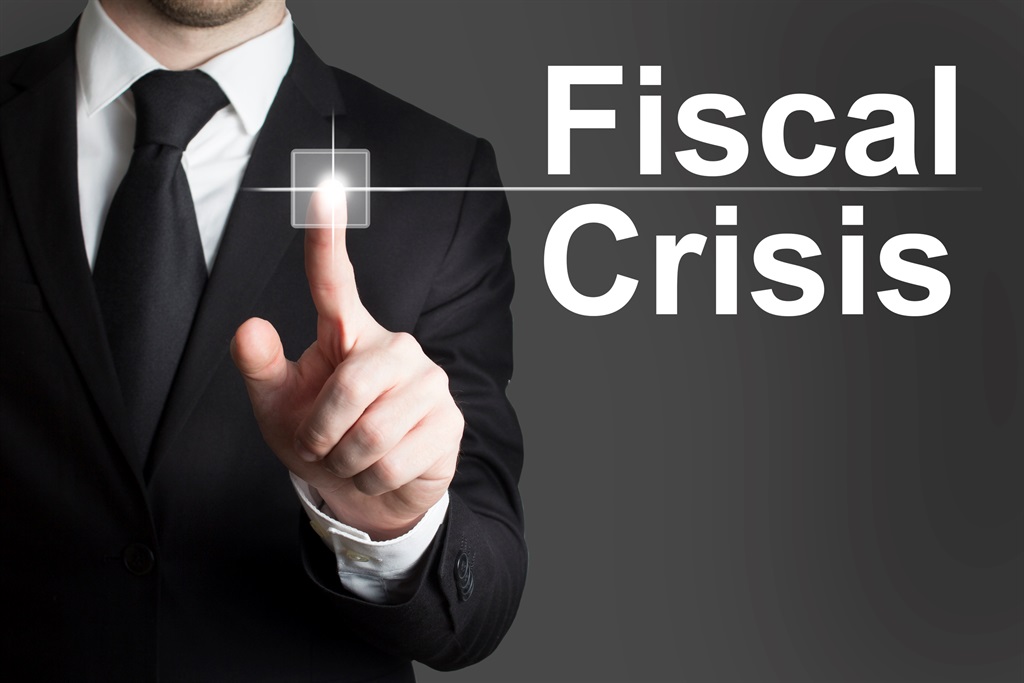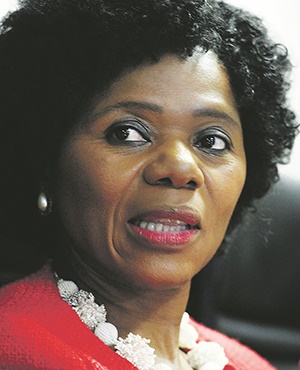
In our globalised world, foreign direct investment (FDI) is generally seen as the essential driver of economic growth.
For example, a key dimension of President Cyril Ramaphosa’s new dawn is a R1.2 trillion FDI target.
Growth itself is primarily viewed as the rate at which a country’s gross domestic product (GDP) increases.
Currently our GDP is growing at a little under 1%, while economists say it needs to grow at about 8% to support the country’s economic aspirations, at the centre of which they place resolving unemployment.
But is the emphasis on FDI and GDP appropriate? Is it possible for a country to grow through other means of cash injection beyond FDI?
Shouldn’t we go beyond GDP in measuring progress in line with our constitutional vision and developmental objectives?
At the risk of appalling colleagues who are economists, should we consider a paradigm that measures progress without GDP growth?
The starting point is to clarify where you are going and to have as clear a picture as possible of the goal.
Beyond everything else, we seek to achieve the country envisaged in the Constitution.
That country is at peace with itself and the world, united in its diversity and shared prosperity reflected in socioeconomic inclusion.
It is where the achievement of equality, human dignity and freedom are fundamental values. It is a country based on democratic values, social justice and fundamental human rights.
Can FDI without parameters take us to the country of our dreams?
My research, as a social justice research chair and earlier during my stint at Harvard, reveals that the most successful economies are those that solicited and accepted it within a predefined framework based on the desired end state.
For example, for many years China sought to achieve quantitative growth being employment for all even if it meant having the working poor.
It recently redefined its growth path to focus on poverty reduction, even boasting that with its current trajectory and pace, it will end extreme poverty in 2020.
Scandinavian countries set parameters that are in line with the pursuit of egalitarian societies.
Organisation for Economic Co-operation and Development countries too are increasingly considering the egalitarian impact of their policy choices, including those aimed at attracting investments.
Can we impose parameters for FDI given that it is said, “He who pays the piper calls the tune”?
For example, many insist that labour policy should be liberalised to attract FDI. Liberalised includes low wages, casualisation of labour and ease of dismissal, many argue.
The argument is that protections repel FDI.
What if these economists were right – that a more egalitarian market regulatory framework tends to repel FDI? Should we accept FDI on whatever terms it is offered?
Do we want or can we even afford FDI that seeks to exploit as much as possible?
What have we learnt from Lonmin and other mining experiments that contributed to FDI, and even GDP, but left poverty and devastation behind?
I saw this when I investigated the payment and use of royalties in the platinum-rich village of Bapo ba Mogale.
There poverty and disease are part of the village’s systemic problems, with some of the illnesses attributed to the mining virtually on people’s door steps.
During a conversation about a community trust-like fund we are in the process of establishing as part of the Social Justice M-Plan, a colleague told me to look into Ethiopia’s Renaissance Dam project as a model of development financing through community funds.
Regarded as the biggest dam in Africa, it is said to have been financed through a multitude of minuscule contributions from the people, not dissimilar to the R5 donation that the Social Justice M-Plan fund aims to get per retail transaction.
But surely that kind of community trust can’t fund all business operations, and the reality is that business is an essential part of a community’s progress towards wellbeing in all its dimensions?
Even just to get that community trust, the money should come from somewhere.
Where else can we source business funding? Local banks certainly, but there isn’t enough of it there.
The Thuma Enterprising Communities (TEC) initiative currently being piloted at Emanzimeleni in KwaZulu-Natal says there are a lot of financial and other resources that communities can leverage to drive personal and community development within their own ecosystems.
For example, by buying local, communities keep the money in their own ecosystem, which can refinance businesses for growth.
The TEC initiative incorporates capital and skills injection from social impact investment partners involving private individuals and big business in small enterprises.
Imagine if all South African communities could buy within. What if individuals and companies could also invest within as Old Mutual recently did?
Would that offset the need for FDI that risks sabotaging progress towards a socially just and sustainably growing economy backed by sustainable democracy, the rule of law and peace?
But how do you earn foreign exchange for the things you want to buy from outside?
Exports could be one route and conditional FDI another.
That brings us to the issue of growth. Is GDP really growth? Who grows through GDP?
Is high GDP possible while the majority marinate in the abject poverty that sustainable development goals (SDG) commit to eradicate by 2030?
Is high GDP possible, even the targeted 8%, while structural inequality grows as it has done in the last few years globally despite the global commitment to the contrary on gender equality and on equality?
Can a high GDP coexist with regression regarding the achievement of the decent work dimension, particularly in the light of the age of artificial intelligence?
What if the FDI operations undermine the pursuit of a sustainable environment, including food and water security, particularly for poor communities?
Where to then if we want to meet our constitutional promise and SDG commitments in a healthy economy.
Italian MP and former University of Pretoria academic Lorenzo Fioramonti suggests a path of wellbeing without growth with a call to abandon GDP as a measure of economic growth.
The World Bank speaks about GDP. Not much is said about FDI. Perhaps the balance lies somewhere in the middle, between moving towards the country you want and the growth pathways you chose.
South Africa must choose carefully, knowing that not all movement is progress.
Madonsela is chair of social justice at Stellenbosch University and founder of the Social Justice M-Plan and the Thuma Foundation




 Publications
Publications
 Partners
Partners









